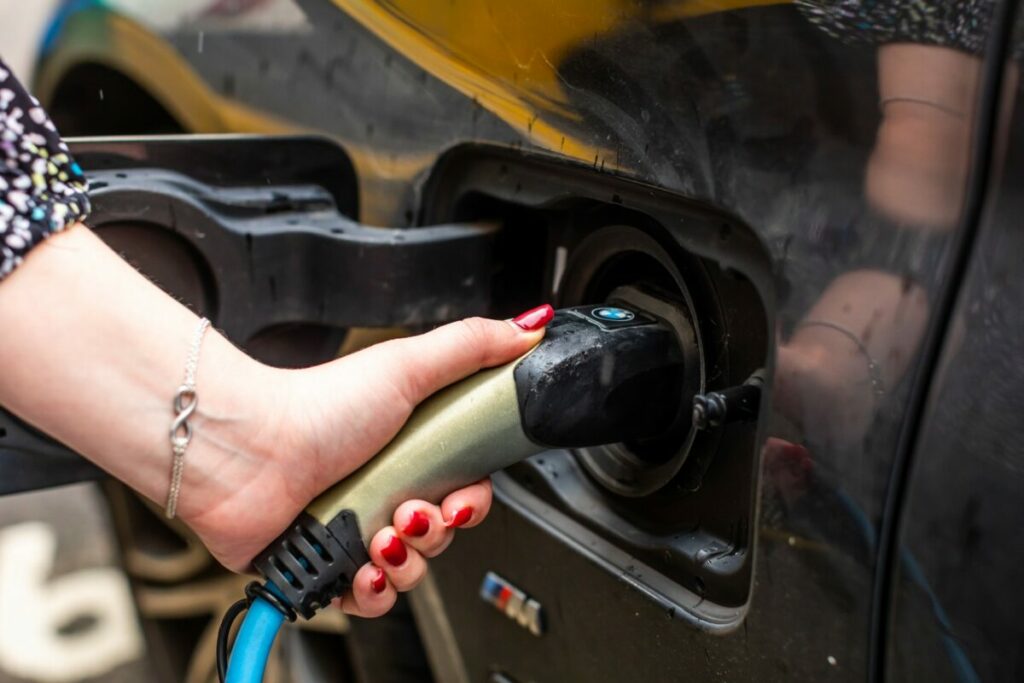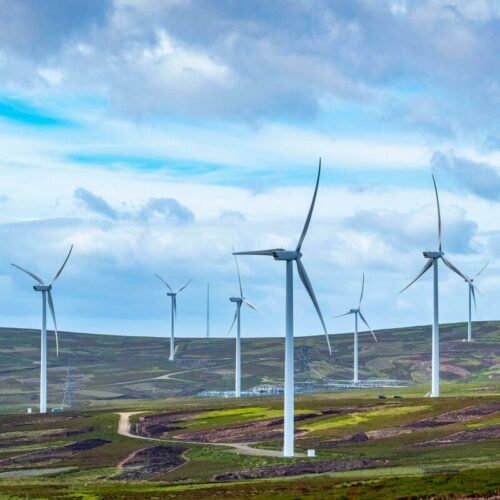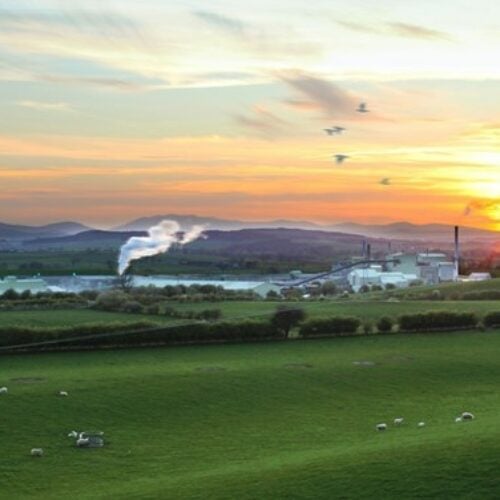Energy Networks Association (ENA) has launched ENA Connect Direct, which improves, accelerates, and connects low-carbon technologies to the electricity network.
According to the trade association, ENA Connect Direct modernises and simplifies the application process, which can be slow and reliant on manual processes.
ENA Connect Direct upgrades the application process for some installers of residential low-carbon technologies such as heat pumps and solar panels. It provides a streamlined system which uses artificial intelligence (Aofferrovide instant approvals for most routine applications.
For Distribution Network Operators (DNOs), this means efficient delivery of accurate data, which provides increased visibility to aid network design and operation.
These tools are essential as electricity demand has increased significantly over the past decade. ENA’s data shows that residential households with low-carbon technologies have increased their peak usage to almost 15kW, compared to an average usage of less than 1kW in the 1960s.
Dan Clarke, head of innovation at the Energy Networks Association, said: “It is a great moment to launch ENA Connect Direct to improve the system currently in place for connecting low-carbon technologies to the grid. We have designed the platform to benefit all those involved with the application process – the installers, manufacturers, distribution network operators and ultimately the customer.”
AI in UK renewables
Artificial intelligence (AI) is increasingly used in many renewable energy technologies, and the UK government has continually supported it.
This is clear from its recent £1.73 million funding allocation across eight projects which focus on the development of AI in the renewable sector.
These projects range from improving weather forecasting for solar energy production to helping consumers and businesses improve their energy efficiency and cut energy costs through AI-optimised energy efficiency software.
The project funding was sourced from the government’s AI for Decarbonisation Innovation Programme, part of the £1 billion Net Zero Innovation Portfolio.
The private sector has also been contributing to AI’s development in this sector. A key example of this is Veolia’s latest AI tool, which is used to increase the heat delivery capability of Sheffield’s District Energy Network by 25%.
In what the utility service company has called a UK-first, the data-driven thermohydraulic modelling tool optimised the network pressure and temperature of the 44km network connecting over 125 commercial and public sector buildings.
The tool is also expected to reduce peak loads by 20% by using data collected from across the network—including individual heat meters within connected buildings—and predicting heat demand and weather patterns.





